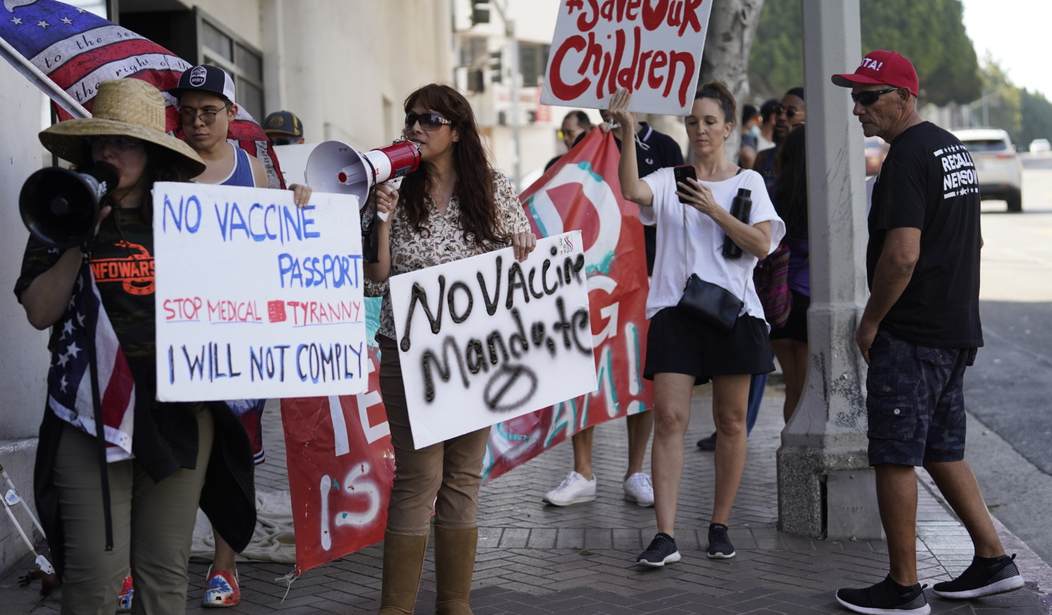The Supreme Court has been reluctant to hear cases involving COVID vaccine mandates, but a case in Maine just might get their attention — largely because of its religious liberty implications.
Maine’s vaccine mandate will go into effect on Oct. 29, but a group of healthcare workers is suing, claiming that the vaccine violated their religious rights because of the fetal cell tissue lines that manufacturers used in testing the vaccines.
Pfizer and Moderna tested their vaccines using cells that originally derived from aborted babies, while Johnson & Johnson directly used aborted fetal cells in the development of their shot. Even though these cells date back to abortions that took place in the 70s and 80s, many people of faith have wrestled with the question of whether these vaccines are morally acceptable.
But there’s another wrinkle in Maine: the plaintiffs argue that the state is allowing exemptions for non-religious reasons while declining faith-based objections.
“Maine has plainly singled out religious employees who decline vaccination for religious reasons for especially harsh treatment,” Mathew Staver, a lawyer for Liberty Counsel, representing the workers, wrote in court papers. At the same time, Staver said the state has been “favoring and accommodating employees declining vaccination for secular, medical reasons.”
Staver told the justices the story of doctors and other healthcare employees who face losing their medical licenses in Maine because of their pro-life stance over the vaccine, noting that these healthcare professionals have complied with all of the state’s other regulations and have worked hard throughout the pandemic to protect and treat their patients.
Related: Will Everyone Subject to a COVID-19 Vaccine Mandate Get This Protection or Just the Feds?
The attorney noted that Maine had been allowing religious exemptions earlier in the pandemic but changed its tune when the Delta variant reared its ugly head.
For the state’s part, officials claim that Maine isn’t singling out religious exemptions but that other forms of exemptions are necessary:
In response, Maine Attorney General Aaron Frey urged the justices to let the mandate stand, saying that the pandemic has “gripped” the state with 100,937 total confirmed cases and 1,122 deaths as of October 2021. He said the mandate was necessary to “prevent the spread of Covid” in high-risk places and that it did not target religious practice.
A medical exemption is necessary, he said, “because there are certain circumstances when vaccination may cause adverse health consequences, thereby actually harming that individual.”
The case in Maine may attract the Supreme Court’s attention because it brings First Amendment concerns into the picture. Where other cases haven’t had a religious liberty component to them, this case is different because — at least on the surface — Maine is giving preference to secular concerns over religious ones. That aspect alone could give the Court reason to hear it.
If Maine really is ignoring matters of religious conscience while allowing vaccine mandate exceptions for other reasons, then the Supreme Court ought to step in. And if they do, we can only hope that they’ll do the right thing and compel Maine to allow for faith-based exemptions to the shot.










Join the conversation as a VIP Member